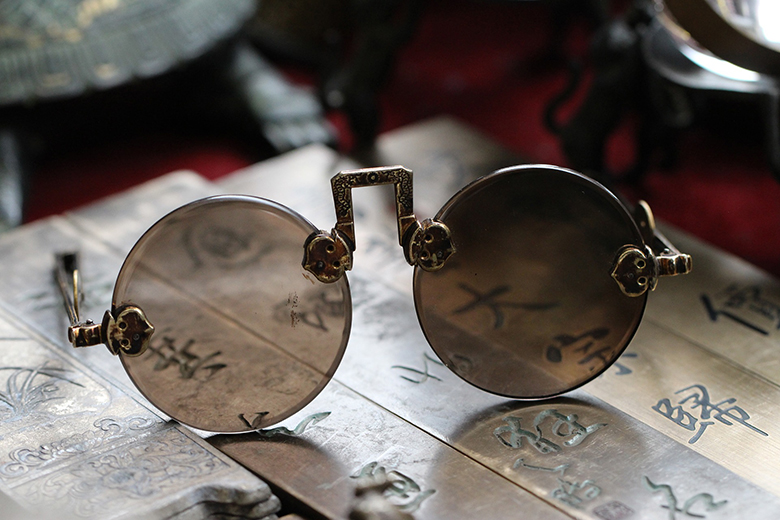Throughout the coronavirus crisis, much of the focus on China has been around cause and effect. Questions, redolent of a US Congressional hearing, persist. What did Beijing know and when? Did it try to cover up the outbreak? Had it admitted the scale of the threat sooner, could it have saved itself and everyone else from the dire economic and humanitarian consequences of the pandemic?
The longer lockdowns persist and travel restrictions remain in place, the stronger will be the scrutiny of China’s actions and the damage to its brand.
Covid-19 is, curiously, a chance for Asia’s largest economy to shine: to show the world that it is a responsible and rising superpower. After all, it has long claimed to be a peer and a partner to the West, and a staunch ally of the developing world.
So far, though, Beijing’s instinct has been to virtue-signal instead of being virtuous, and to lecture rather than lie low.
On April 15, the G20 economies – including China – collectively agreed to suspend bilateral debt service payments for the world’s poorest countries until the end of 2020. Hundreds of private creditors swiftly followed this move.
Beijing’s instinct has been to virtue-signal instead of being virtuous, and to lecture rather than lie low
But two days later, Chinese finance minister Liu Kun admonished the World Bank for its “fail[ure] to participate in collective actions for suspending debt service payments”, warning that its position as a global leader in multilateral development could be “seriously weakened” as a result.
It wasn’t an unserious point: low-income countries would surely derive additional benefit from a move designed to free up more than $20 billion in funding that can be spent fighting the outbreak, rather than repaying richer creditors.
But is China really the right country to make that point? Setting aside its unwanted but widely accepted status as the birthplace of Covid-19, it has lent vigorously – some might say aggressively – to sovereign states.
Hidden debt
Data issued by the Harvard Business Review in February 2020 put total lending by the Chinese state and its development banks and state-owned enterprises at $1.5 trillion, making it a larger creditor than the World Bank, IMF and all OECD nations combined.
Yet much of this debt remains hidden. China is not a member of the OECD or the Paris Club of nations and does not report its international lending. Data on many of its loans “fall through the cracks”, the HBR said. Even the big credit ratings agencies cannot see how much debtor nations repay the Chinese state in its myriad guises.
This is exacerbated by many debtor nations failing to keep records of borrowing from state-owned enterprises, and China’s preference for opaque bilateral deals with client states. A dozen nations, including Niger, Laos, Vanuatu and Samoa – some of the poorest places on earth – owe debt of at least 20% of their nominal GDP to China.
On April 11, World Bank president David Malpass said it was critical for poor countries “to have transparent disclosure of the debt [they owe] as it is being created”. A year earlier, he warned China it needed to be more open about the amount of debt it was owed, directly and indirectly, by the world’s poorest countries.
That will surely happen as the People’s Republic continues to transition into a more developed and higher-income state.
Brand China
But there’s little doubt that China has work to do on its brand. The coronavirus has thrown the secretive nature of its one-party state into sharp relief. Beijing worked hard to contain the Covid-19 outbreak – but only after failing to divulge early on the danger that it presented.
At a national level, China would reap goodwill by revealing how much debt it is owed. And at a local level, it would benefit from clamping down on errant firms that are hell bent on messing their investors around.
On April 14, the troubled conglomerate HNA convened its board at 8pm to discuss changes to its bond documentation – then waited an hour before telling investors the meeting had taken place.
On April 23, Gemdale tried to cut the coupon rate on a Rmb1 billion ($141 million) bond, from 5.29% to 1.5%. Bondholders pushed back when the property firm said it was adding a number to the coupon – a negative number, that is. Regulators, fearful of provoking political ire at a time of national crisis, again seemed to look the other way.
This kind of low-resolution Machiavellianism does little to enhance the financial or economic brand of a country facing international censure in so many other ways.


 Signal2forex.com - Best Forex robots and signals
Signal2forex.com - Best Forex robots and signals




